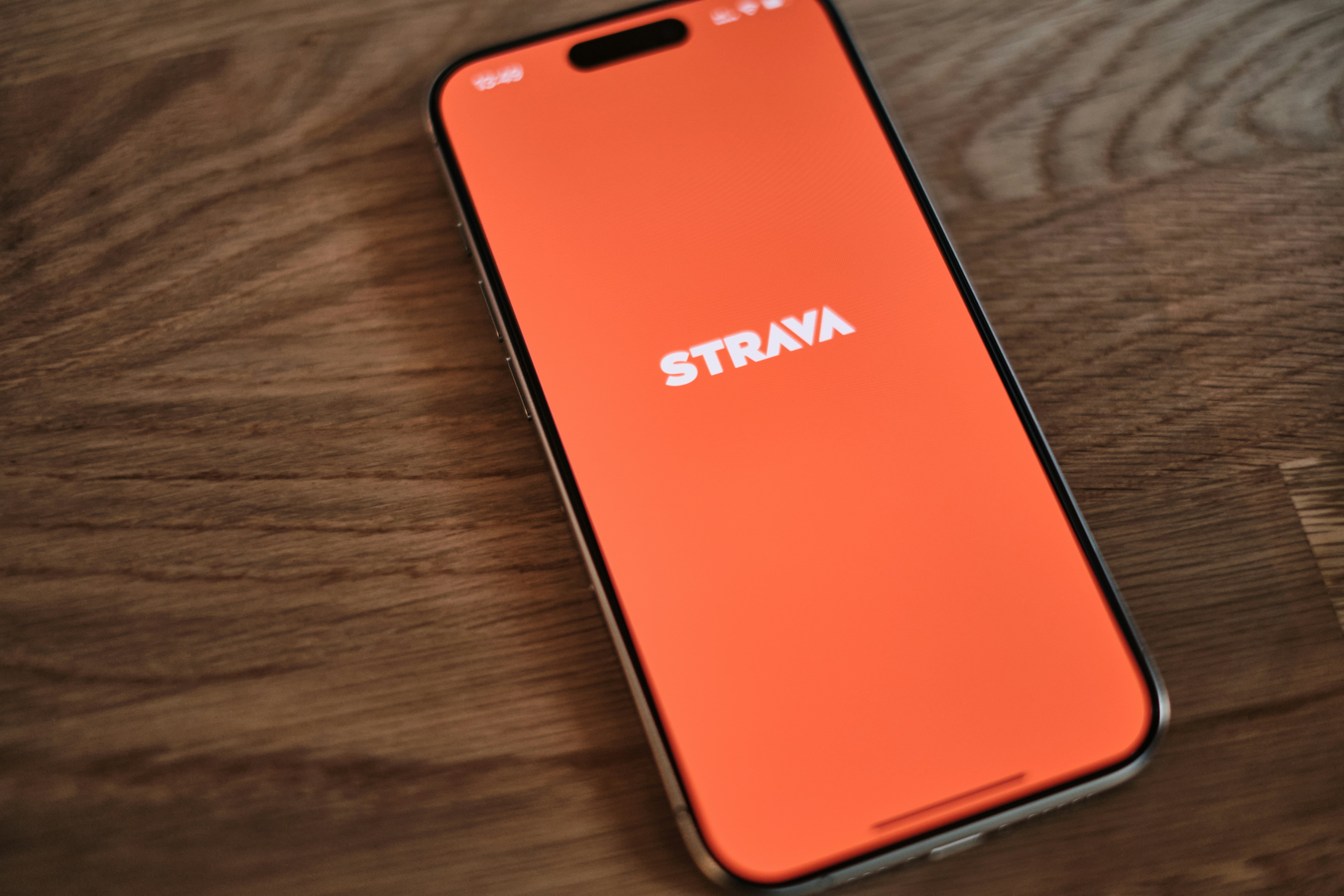For years, social media felt like the place where it all happened. If you wanted to know the latest news, the freshest culture and the smartest opinions about all of it, they were to be found there. Feeds felt like a kind of necessity, at least if you wanted to be up to date.
Increasingly, it feels like the place where it all goes wrong. More and more people are post-posting; fed up with being yelled at and being encouraged to yell at others, in a landscape in which you either shout or are inaudible.
The snide joke about Twitter in its early days was that it was a site used to tell other people what you’d had for breakfast; that now seems something like a utopia, in a world in which even a picture of a breakfast may well be despatch from a culture war that you might know nothing about.
For anyone interested enough in social networks to read a piece about their demise, it is probably unnecessary to list a set of signs of where it all went wrong. It is a little like looking at the Wound Man and asking if it’s all going alright for him. But as a brief runthrough of where the biggest social networks stand: Facebook is increasingly filled with AI slop that nobody asked for and Mark Zuckerberg has indicated that he will allow hate speech, lies and political arguments on the app; Instagram is much the same but with slightly different looking people; X/Twitter is filled with constant arguments that are difficult to follow unless you spend so much time on them that your brain will be rotted and following them won’t matter any more. Something is very wrong.
There are plenty of things that people might call social networks but are in fact media platforms, meant primarily for broadcasting and a little more conscious of the responsibility that brings. TikTok has its problems, for instance, but tends not to be quite so filled with bile; YouTube has become increasingly antisocial in recent years, as it has become more focused on larger creators, but that has also brought a kind of care that means it is not abrasive.
Likewise, the egalitarian anonymity of Reddit means that there is little incentive to be annoying; those who defend staying on Twitter/X often do so with the view that it is necessary to see what is going on, but in fact, it seems far more possible that you’ll learn something on that kind of site. Those apps are more successful in part because they are not social.
At the total other end of the scale sit messaging platforms such as WhatsApp and Telegram, meant for direct messaging though often playing hosts to groups large enough that they become social networks in themselves. They are not without their perils, and both have been home to radicalisation, misinformation, the sharing of abusive and violent content and other problems that have literally proven deadly. But the actual experience of using them is dependent entirely on how social they are: if your WhatsApp is unpleasant, it’s because your friends are unpleasant.
But there is a whole set of new apps that sit outside that spectrum, and which are to me an increasing comfort in a time when the social web seems to be coming apart at the threads. You might want to call them slow social networks.
In recent years, social media and social networks have come to be almost synonymous phrases. But the loss of the distinction is telling: networks are about connection, and about talking and media is often about being yelled at. The confusion of the two is initially what made platforms such as Twitter so compelling – you could become something like friends with your favourite people, if you were lucky – but is also what eventually made it so depressing, as you just got shouted at by your least favourite people, in upsettingly familiar terms.

Instead, these social networks are focused almost entirely on connection. They are all about the relatively simple but profoundly beautiful experience of knowing what your friends are up to.
Take Find My Friends, for instance, Apple’s app that tracks the location of people’s iPhones and allows their connections to see it in real time. (For young people and those who don’t want to stay in Apple’s walled garden, another app called Life360 is immensely popular; they are both, essentially, surveillance systems, but ones that should give you enough control to ensure that you can know who is surveilling you.) You can sweep by and spot that a friend is having their haircut, say, and register that it’s something to check in with them on later.
Or if you’d rather see where someone has been exercising, you might follow them on Strava, or Garmin Connect, both of which keep a little feed of how your friends have been staying active. You can give them a quick like (or, as Strava puts it, kudos): there’s no great meaning to it, beyond a sort of virtual well done, one that reminds you people are thinking of you and cheering you on from afar.
Gaming’s social experiences might very often be talked about in terms of being told off by angry children, unhappy with how you are playing. But a friends list on a game console can be a kind of long-lasting series of updates on friends old and new: there are people who I have not talked to for decades still lurking on there, and the occasional update that they are playing the new Call of Duty or watching something on iPlayer is like a brief, non-invasive peek into their lives, like glimpsing someone through a train window before you once again head back out onto your separate tracks.

Recently more people have been downloading Airbuds, an app that tracks your music listening from Spotify or Apple Music and arranges it into a live feed. One helpful page means that you can see all of the friends that are listening at a given moment – a busy little list of songs that is a reminder of how much good music there is in the world, and good people listening to it.
These platforms are personal: if you wanted to, you can watch my heartbeat on my Strava. They are intimate: one can probably learn more about my mental state from my Airbuds than I would ever opt to share on supposedly more detailed social media platforms. And they are deeply authentic, since almost by definition you can’t go on a run or listen to music without meaning it.
But all of that happens within a set of limitations that make them feel much safer. The audiences are smaller, and known, so that you know what you post is likely to be understood in its context and with generosity. Even if people did want to read your posts cynically, it would be hard: these social networks are not really about arguments, making or scoring points.
All of these apps are also about checking in, rather than checking out; you can drop by whenever you want and there are no horrible feeds and growth hacks trying to pull you into their morass. If I’m idly wondering where a friend is, then I can check Find My; if they move on, then so does that moment, and it is not saved into a long feed full of updates that I have to feel guilty for not completing.
They are all reminders of the joy that people can bring us – and, perhaps more surprisingly these days, the joys that our devices can bring us, when they remind us about those people. They are also a reminder of the fact that the social in social network did once mean something, perhaps something more important than anything else in the world.
So it would be a shame if this new landscape of belligerent and bellicose platforms meant that we threw the social out with the social media. There are whole platforms out there waiting for us to find, and people waiting for us on them.
This article was originally published by a www.the-independent.com . Read the Original article here. .

